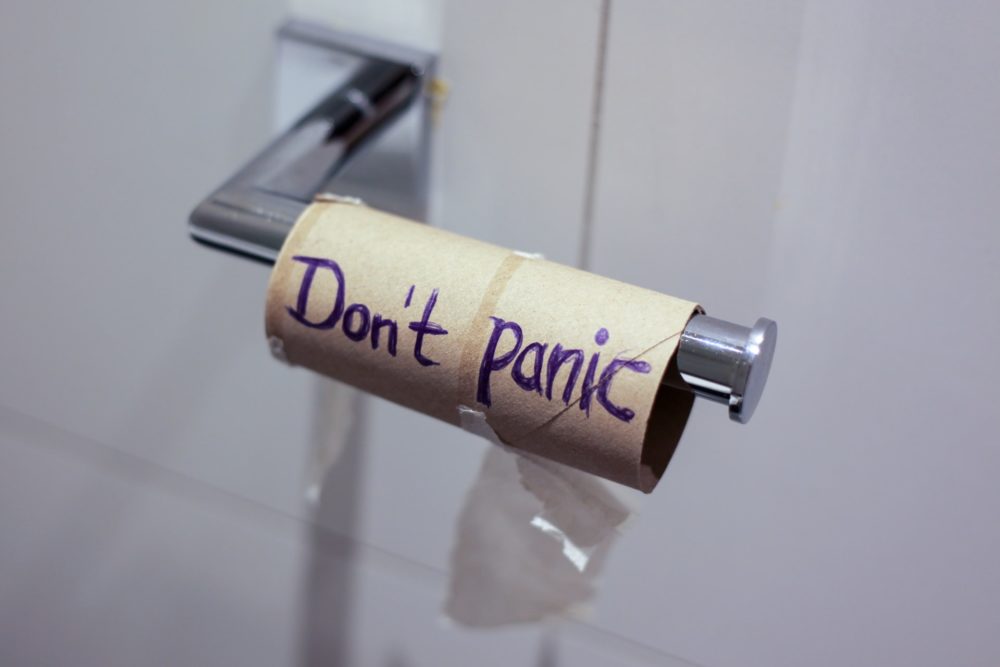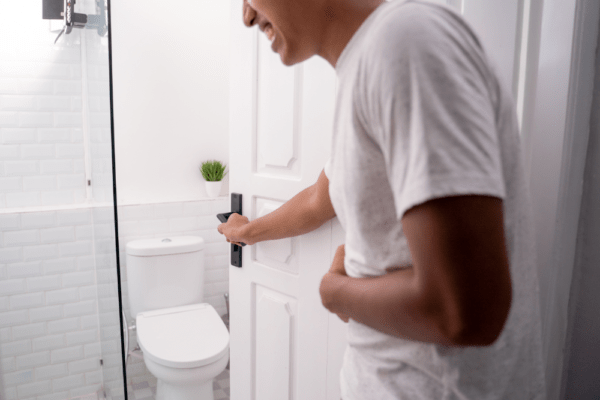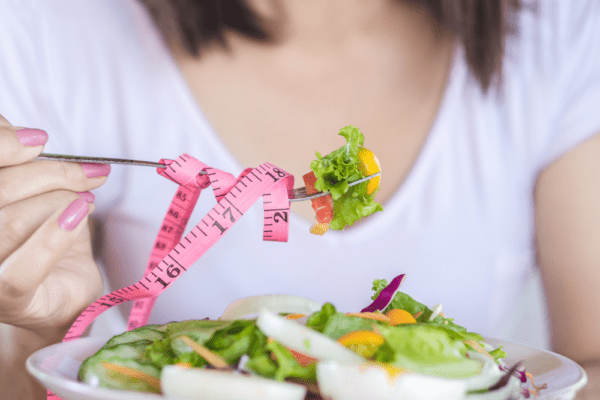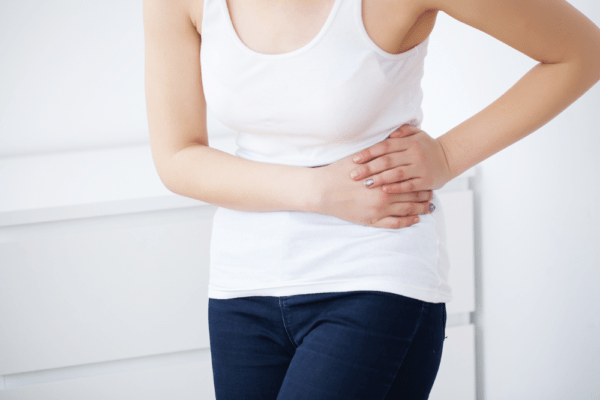The coronavirus outbreak has upended daily life and forced many otherwise healthy people to develop a level of vigilance about their health they never have before. But for people living with underlying conditions, the pandemic has made them more alert about what they need to do to take care of their health during an uncertain time.
The spread of COVID-19 has raised the concerns of many people living with inflammatory bowel disease (IBD) for their risk for infection and management of their medical therapies. There’s no cure for IBD right now, but it can be managed through medications, anti-inflammatory and diets, i.e. eating healthy.
Along with the common symptoms of COVID-19, some digestive symptoms have also been associated with COVID-19 like abdominal discomfort, more frequent bowel movements or loose stools. It is important to distinguish here between someone who is having a relapse of their IBD, compared to someone who might be having symptoms of an infection.
However, there is no positive evidence that shows people with IBD are at any greater risk of contracting the disease. But there might be some factors you would need to consider as having IBD may make you more likely to have a harder time with it if you do catch coronavirus. This stance becomes more important when you talk about the medications involved for IBD.
Inflammatory bowel disease (IBD), an umbrella term for a group of conditions that include Crohn’s disease (CD) and Ulcerative Colitis (UC), is a chronic condition in which the immune system of the intestines is overactive. Some, not all, treatments involved (drugs) are immunosuppressants to regulate the body’s immune response to IBD which may suppress or weaken the immune system. Being on immune therapies for inflammatory bowel disease may increase the risk for COVID-19 complications.
A person with IBD will experience the same symptoms of COVID-19 as the next person who don’t have IBD, I.e. fever, cough, respiratory symptoms (shortness of breath) or onset diarrhea. Only in people with IBD, who already experience digestive symptoms such as diarrhea, this may mean a worsening of symptoms. Contact your doctor if you experience any worsening symptoms.
What can you do to protect yourself against COVID-19 as an IBD patient?
Although, largely there is no concrete evidence that patients of IBD have an increased risk of getting infected, there are still measures people with IBD can take to safeguard themselves.
- If you are on medication, don’t stop any of your medications or other therapies. If you have any concerns, consult your doctor. Also, have a 90-day supply of your medication with you at all times, especially during these times. This will help you avoid going out and risking yourself.
- If you HAVE been tested positive for COVID-19, you may need to stop your therapy for a couple weeks and should restart therapies after complete resolution of COVID-19 symptoms.
- If you have been prescribed steroids for the management of IBD, you might want to look into lowering the dosage or even switching drugs.
- If you get your IBD treatments through infusions (IVs), you might want to avoid going to the doctors’. In such a case, you can ask for at-home infusions, if the facility is feasible.
- If getting at-home infusions is not possible, try to schedule for a time when few people are in the treatment facility to limit being around others.
- Patients with IBD should also keep their stress in check to avoid flares.
- Avoid taking additional supplements, such as zinc or vitamin C at this time. Not only that there is no data to support their effectiveness, starting a new supplement might cause other side effects.
- When it comes to pregnant with IBD, it is recommended that at this time, they stay in remission from their IBD.




